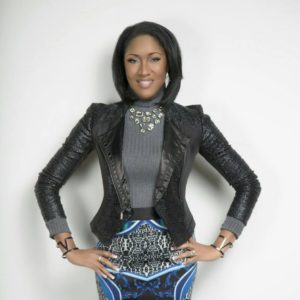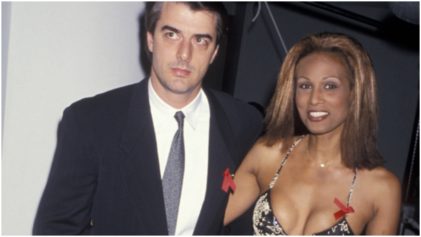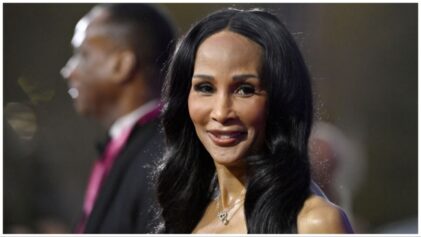The Bill Cosby sex scandal raised some familiar, but troubling, issues in the Black community. Former model Beverly Johnson said she was drugged by Cosby in the ‘80s. However, she fought him off and ran screaming from his house. She stayed silent for years because she didn’t want to damage the reputation of a man seen as a role model in the Black community.
This is not surprising to Alissa R. Jones, a rape survivor and activist. She is also the founder of the Survivors With Voices (SWV) foundation, a support network of rape survivors, and author of “The Stones That Built Me Strong,” a book about turning negative experiences into positive ones. Jones said rape is a common, but unspoken, problem in the Black community. She said according to figures from the Black Women’s Coalition, 60 percent of Black girls experience abuse by the time they are 18.
Jones said people in the Black community are reluctant to come forward with charges of rape because the victimizer is often either a friend or family member. The victim doesn’t want to get that person in trouble, she said.
“In the Black community, we are taught to protect our Black men,” Jones said.
This is what happened to Jones. When she was 11, she was raped by a family friend, who lived in her mother’s basement. She was told to refer to him as “Uncle Roger.” Jones never talked about her assault for years, scared that her abuser would come after her mother.
“I thought I was protecting my mom,” Jones said.
Jones said she never dealt with her abuse, but one of her friends noticed a change in her behavior and forced her to address her issues. Although Jones ignored dealing with the emotional scars of her rape, it affected her. She said the abuse was the main cause of the downfall of her first marriage.
“I didn’t love myself and didn’t expect the love from a man,” she said. “I didn’t know how to be a wife.”
She also had a lot of resentment toward her mother and often stole from her as a way of punishing her.
Jones learned how to heal her emotional wounds in support groups. She tried counseling but didn’t feel a connection with her therapist. Jones didn’t think she could understand what rape survivors go through; however, fellow survivors could.
It was her positive experiences in support groups that led her to create the Survivors With Voices foundation. Although rape is a difficult subject that many people are not comfortable discussing, Jones is committed to talking about it and enabling survivors to have their voices heard.
“I wish to help others unlock their hearts and heal their wounds,” she said. “I can make a difference in sexual abuse survivors’ lives.”
Jones realizes Black boys are sometimes sexually abused by men, and there is even more stigma and shame among the survivors. One of the partners in her foundation is a male rape survivor and he said the abuse caused him to suffer anxiety, depression and fearfulness when he was older. He also questioned his sexuality. Men are also less likely to report sexual abuse, Jones said. “They suffer in silence,” she said.
Men can also be sexually abused by women. There have been a rash of cases of older women (often teachers) being charged with having sex with underage boys. Jones said this is still rape. Not only are teacher-student relationships inappropriate, they are also exploitative. Jones said in many cases, the older women use gifts to win the boys’ affections.
“A lot of times they (the boys) are being bought,” she said.
This is what happened to LaQuisha Hall, a former beauty pageant contestant who is now an entrepreneur, author and youth mentor. She was raped as a teenager by a pastor. Her abuser won her confidence by buying her gifts and making her feel special.
“He drew me by quickly defending me whenever I was in trouble at home, making me feel as if he was on ‘my side,”’ said Hall, who created the SheRose Awards to honor survivors of sexual assault. “He lured me with gifts, which I gladly accepted from him: shoes, clothes, jewelry and food. The actual molestation began shortly after I began accepting the gifts.”
Jones said one of the most important lessons she wants Black parents to learn is to believe their children when they claim they have been raped.
“The No. 1 reason why people don’t share is because they feel they are not going to be believed,” Jones said.



